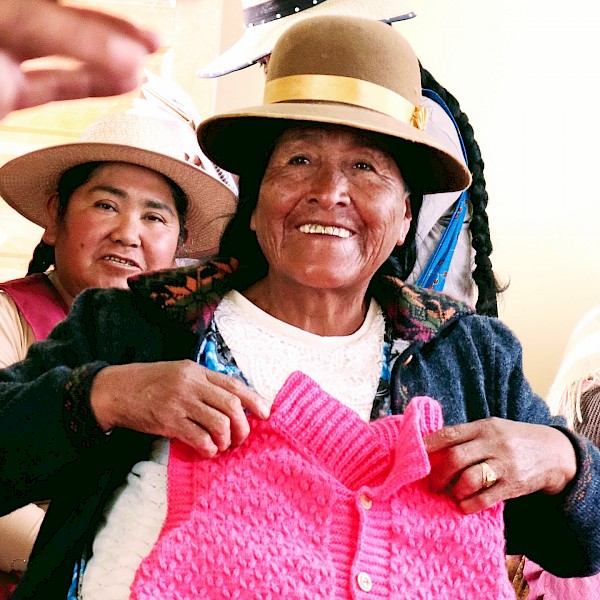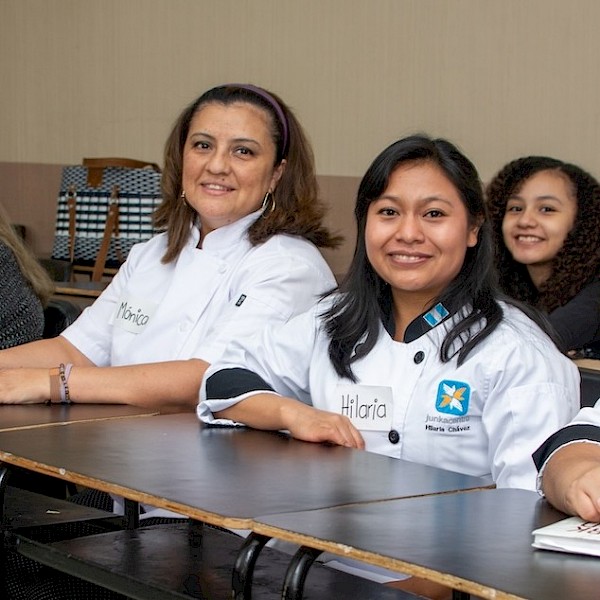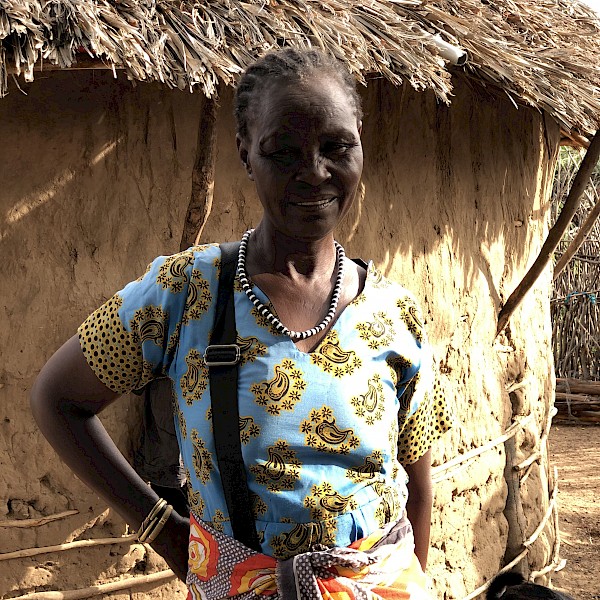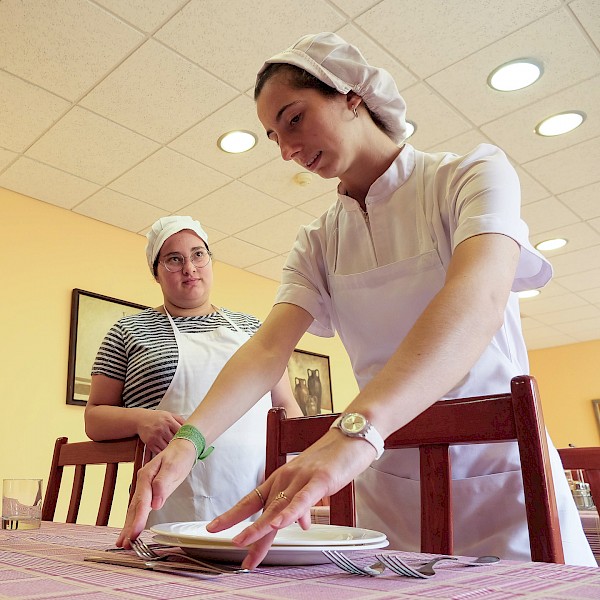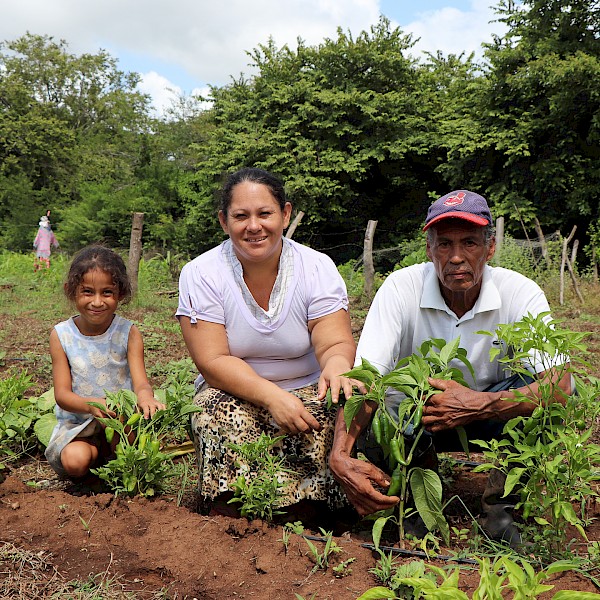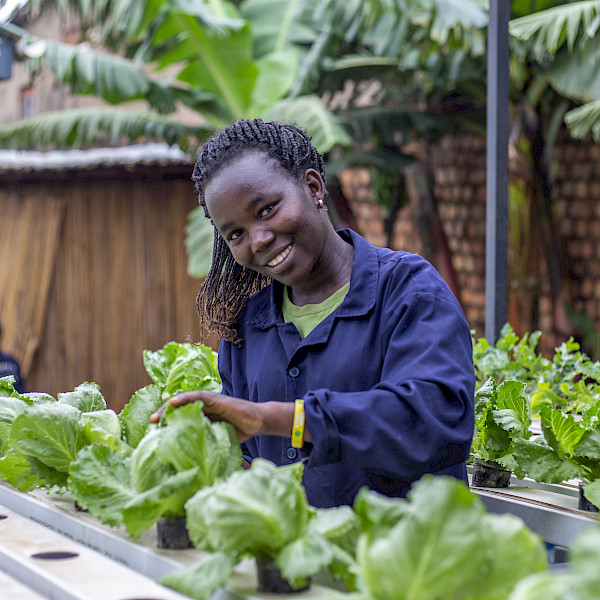Bolivia
Empowerment of Aymara-women in the Bolivian Altiplano - phase II

Duration
2017 – 2018

Budget
88 500 €

Beneficiaries
Aymara women
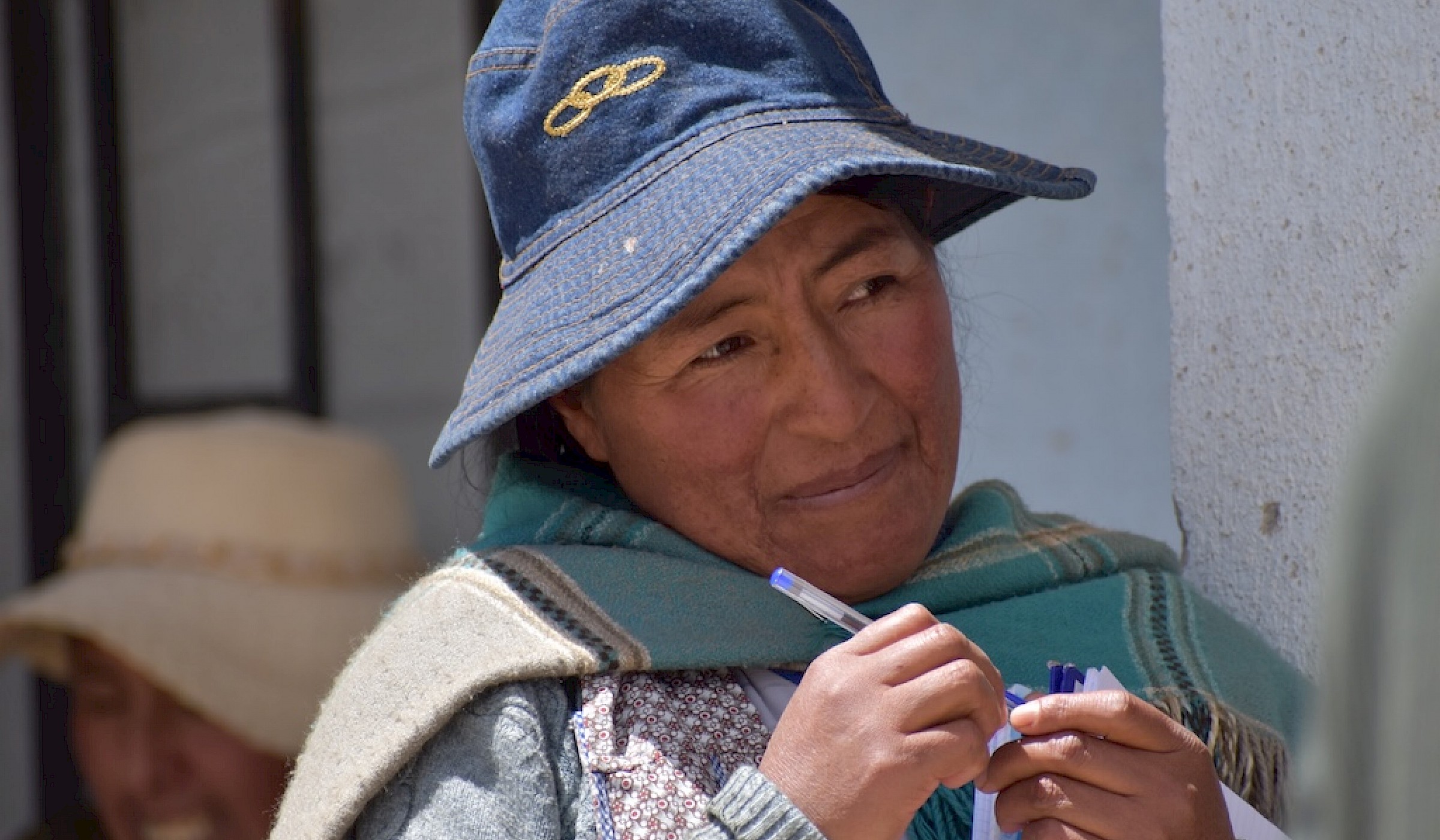



Strengthening Women's Political Agency and Economic Rights
In the Bolivian Altiplano, Inter-Cultur and AYNI, a local NGO, strengthened the impact of previous work. Whereas earlier projects aimed at strengthening Aymara women's status in their communities by providing them with skills for agricultural production, among other things, this project aimed at also strengthening Aymara women through the creation of Women's Associations. These associations make agricultural production and distribution of products easier and facilitate the protection and promotion of their rights within the community as well as the access to public funding for their activities. This project, therefore, not only gave continuation to earlier work but guaranteed its future impact since the Women's Association is a legal structure that stays after the completion of the project and offers an environment for further professional development and future access to funding.
The project succeeded in its efforts to support the formation of women's organizations, which enables them to apply for public funding. Additionally, the project offered the women training on agricultural practices to foster sustainable economic activities.
This project has been funded by the Ministry for Foreign Affairs of Finland.
Key Achievements and Outcomes:
- Funded four independent women's associations to implement their own microprojects.
- Provided the women with training on sustainable agriculture to improve their economic activities.
Photo gallery
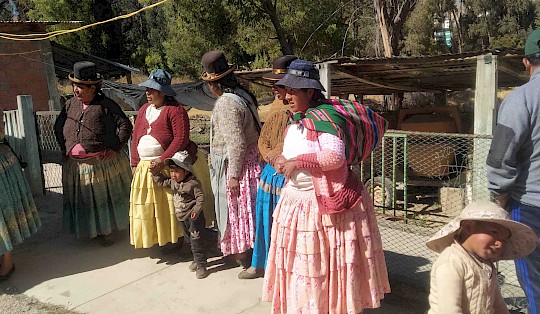
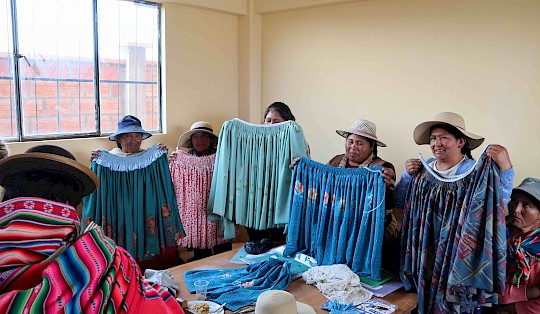
Countries
Bolivia
Home to the Andes mountains, Bolivia faces challenges such as poverty and environmental concerns, particularly among its indigenous populations. Our partnership with AYNI focuses on vocational training, literacy, and sustainable agriculture, aiming to empower marginalized communities and women.
Guatemala
In Guatemala, a country known for its rich indigenous heritage, we address the needs of women in disadvantaged situations through Fundación Junkabal. Our initiatives in vocational training and micro-entrepreneurship are designed to uplift women and advocate for human rights.
Kenya
Kenya's diverse landscape is the backdrop for our efforts to tackle poverty and unemployment in the country. Examples of our work include offering vocational education in Nairobi's slums through SET and Eastlands College of Technology, and improving the agricultural activities of rural women in Turkana County, both aiming to improve life quality and employment prospects with an integral formation model.
Lebanon
Lebanon, with its millennia-old heritage, navigates through profound economic crises and a significant refugee presence. In response, our partnership with PRODES and IMS is dedicated to empowering women through vocational training in hospitality, tourism, and gastronomy, equipping young women from rural areas for better prospects.
Nicaragua
Nicaragua, with its dramatic volcanic landscape, faces social unrest and economic difficulties. Our work with ANDECU supports women by investing in vocational training centers and micro-business resources, empowering them to improve their income levels and overcome challenges in their families and communities.
Uganda
Uganda, known for its diverse landscapes and rich cultural heritage, faces socio-economic disparities and gender inequality impacting vocational education access. Partnering with COWA, we provide women and youth with vocational training and technological empowerment to boost employment opportunities and economic independence, promoting gender equality and sustainable development.
